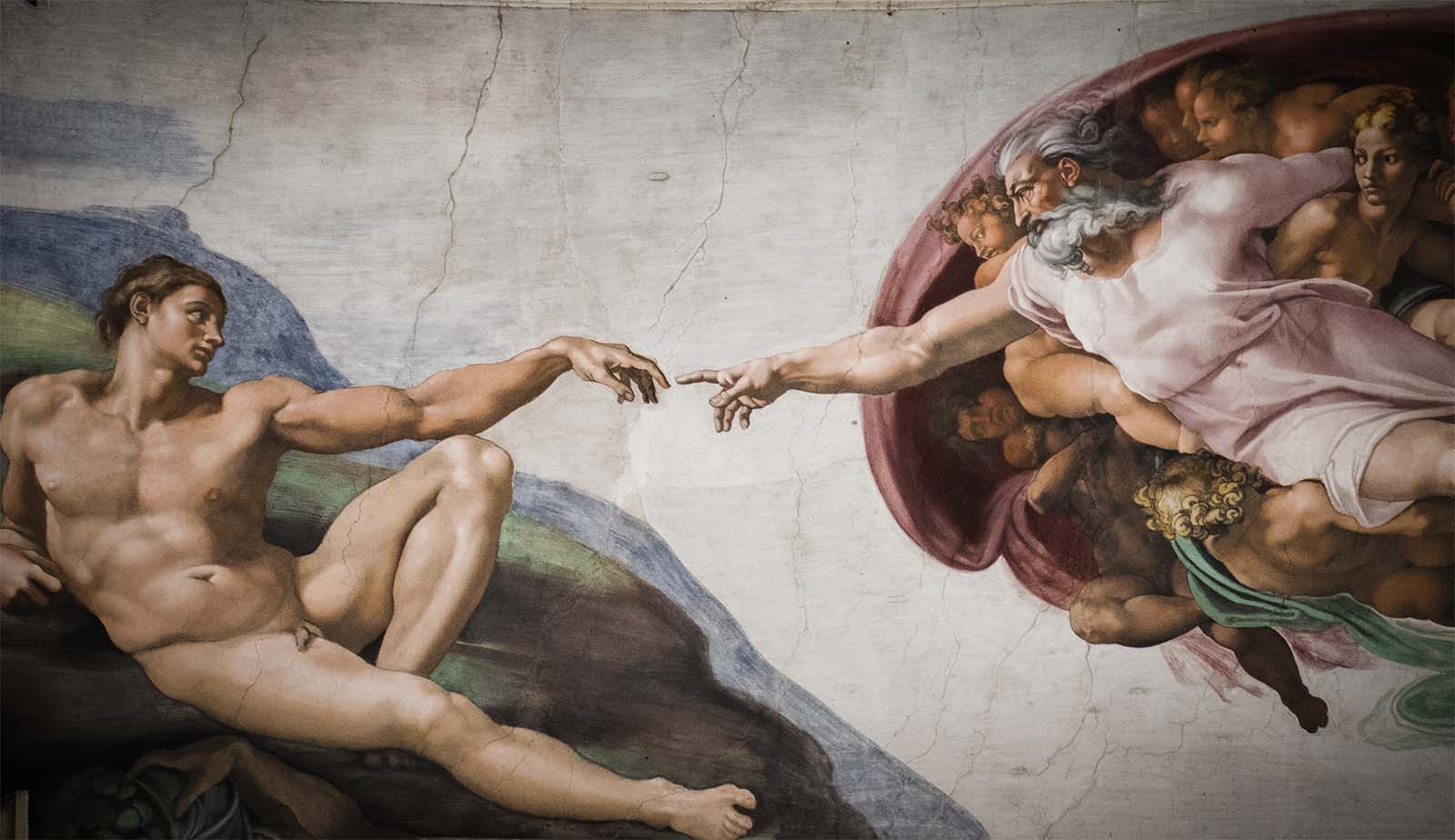On The Patrick Madrid Show, Steve called in to ask Patrick about the immortality of the soul, the mortality of the body, and how Catholics can reconcile heaven and hell with an all-loving God.
Steve, who is not a Catholic, has been listening to Patrick’s show for about three years, and he is fascinated with the faith. He called in to say:
“This is kind of amazing for me. I’ve been listening to you for about three years now. I am not a Catholic, but I appreciate what you do, and I appreciate your zeal and your passion. My question is about the immortality of the soul.
Is that an assumption people make about when man was created, that he was created with an immortal soul? And even after the fall of Adam, did that continue? The Bible says repeatedly, I believe, that ‘the soul that sinneth, it shall die,’ and that both the body and the soul can be destroyed. So, I’d just like your take on that if I could.”
Yes, as Patrick explained, it is an assumption that we have an immortal soul, but it’s one based upon information given to us through revelation.
Patrick began by taking us back to Genesis and the creation of the world, the Garden of Eden, and Adam and Eve. Before the Fall, Adam and Eve were in perfect relation with God. They had perfect “bodily integrity”, meaning they were immune to illness, disease, injury, and death. So, technically, they were immortal, indestructible. That is the way it was intended to be. Mankind’s perfect relationship with our creator was intended to be eternal.
Even though Adam and Eve committed the original sin by eating the forbidden fruit, dooming humanity to lives of work, suffering, and hardship, we can draw an important inference from their original state as perfect humans: we were created with immortal souls. That was the plan. When they sinned, God stripped us of bodily immortality, but through Jesus Christ’s redemption, we have been granted access to salvation. And salvation, without an immortal soul, means nothing.
St. Thomas Aquinas had an interesting way of explaining these deductions. Every living thing has a life principle or, as we know it, a soul. Animals have souls, plants have souls, and human beings have souls. A cow, for example, fulfills its “cow-ness” by being a cow and doing as a cow would: grazing in a field, tending to its calves, and staying away from predators. The soul in that cow occupies the cow’s body for as long as it is fulfilling its role as a cow. When a cow’s body breaks down and dies, the body and soul separate – as they would for a person – but there’s nothing else for the soul to do, no further operation. Therefore, that life principle ceases to exist. It dies.
Human beings are an entirely different case. We have been made in the image and likeness of God, with intellect and free will. Because we have an intellect, we are capable of knowing things, figuring things out, and understanding complex ideas, like the existence of God, for instance. We are not bound to our instincts in the way animals are. We can make independent decisions. Therefore, we are judged for our actions based on our magnanimity versus our selfishness. What are the consequences of our actions? As revelation has revealed, there is a heaven and that provides a further operation by our soul: to join God in eternal happiness or be abandoned forever in hell.
“Because the human soul is capable of doing things that don’t depend upon the body, the inference is that when the body and the soul separate and the body dies, the soul continues,” said Patrick. “Because it doesn’t need the body to exist and to do what it does.”
In his question, Steve referenced Matthew 10:28 which says: “And do not be afraid of those who kill the body but cannot kill the soul; rather, be afraid of the one who can destroy both soul and body in Gehenna.” So, can the soul die or not?
As the Catholic Church explains, this passage is explaining that God has the power to destroy our souls. As the omnipotent being, that shouldn’t come as a surprise. However, He wouldn’t destroy our souls because it goes against His very nature as an all-merciful, all-loving God. So long as our soul is alive, it is a participation in His creation of us, something so inherently good that God would not destroy it.
Tune in to The Patrick Madrid Show weekdays 8am – 11am CT

